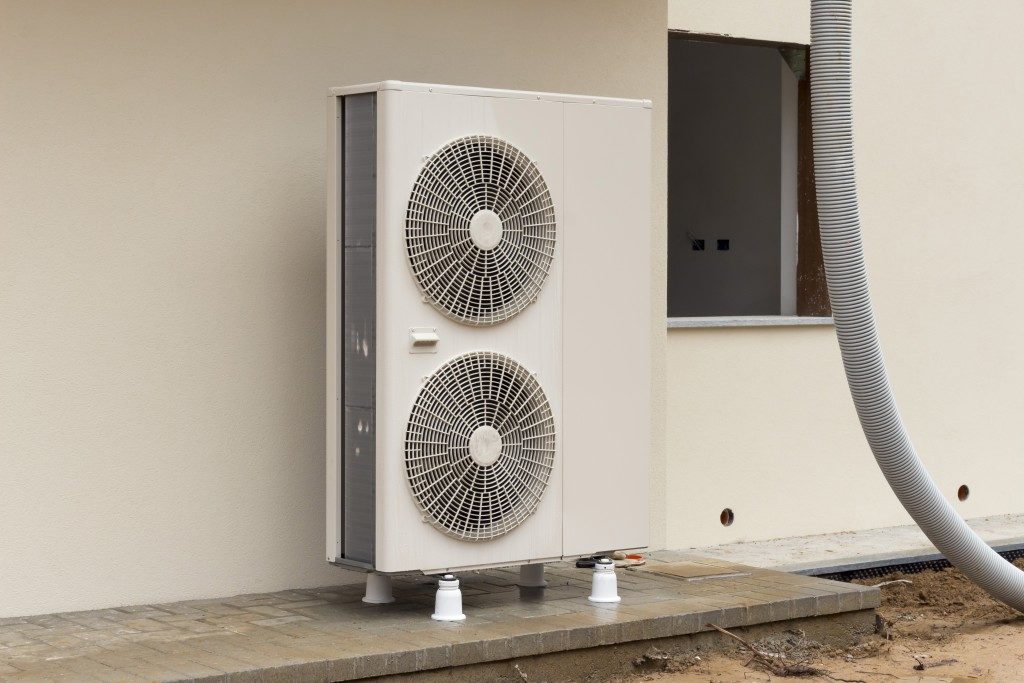A well-managed and efficient heating and cooling system can help residents reduce their carbon footprint while saving plenty of money on utility bills. Eco-friendly homeowners can rely on home upgrades, and heat pumps to maintain insulation and manage interior temperature wisely.
Heating and cooling represent the biggest source of energy expenditures in a home. Much of your power and gas bill will come from keeping your home warm in the winter and cool in the summer. The amount of money you stand to save when cutting back on heating and cooling bills is matched only by the reduction of air pollution and carbon emissions produced by your household.
Optimise Your Home’s Architecture
A home’s architecture and infrastructure play a crucial role in its thermal regulation. A well-designed house, for instance, would be built of better insulating materials or have architectural features that promote more effective heating and cooling without expending too much energy. Likewise, certain home features—such as extremely high ceilings—may overtax the home’s heating, cooling, and ventilation (HVAC) systems.
Although people can avoid purchasing architecturally inefficient homes, they do not always have the advantage of purpose-building a house designed around energy efficiency. One option that is, on the other hand, is renovating and retrofitting an existing home to become more energy. Doors and windows, for instance, should be adequately be sealed to prevent heat seeping away to the outdoors.
Insulation is one of the key factors toward energy efficiency and consumption. Hermetically sealing the home’s walls through efficient insulation prevents heat from escaping the home in the winter and from entering the home during the summer. Take steps to ensure that your home is well-insulated and carefully check for cool spots and other signs of leaking insulation.
Choose Efficient Heating

Traditional HVAC systems are costly affairs; they rely on two separate components to heat and cool the home and consume more power as a result.
Homes in milder climates can cut back on energy expenses by installing heat pump systems, a cost-effective and energy efficient means to heat and cool the home. Essentially refrigerators in reverse, heat pumps draw in ambient heat from the outdoors or underground, creating a mild warmth within the home. Installing this alternative system does a service to the environment not only by consuming less power but also cutting back on gas exhaust emissions.
Ensuring the efficiency of the HVAC system hinges on regular maintenance and cleanliness. An HVAC system that delivers optimum performance would consume less energy overall.
Homeowners can take advantage of their home’s thermostat to save energy. Carefully adjusting the thermostat to a specific comfortable temperature ensures that the HVAC system operates no more than it needs to.
Leverage the Power of the Sun
In sunny places, solar power is an investment that pays off in the long run. By producing renewable energy on-site, a home cuts back considerably on power drawn from the grid. This is not the only way that solar power can be used to lower utilities bills. Carefully placed solar panels can also be used to heat water for domestic use, reducing the amount of time that the home’s heating system heats water.
Likewise, solar panels can also be used by heat pumps to conduct and draw more air into the interior space of the home. Using solar energy increases the optimisation of the heat pump system, drawing more heat into your home.




